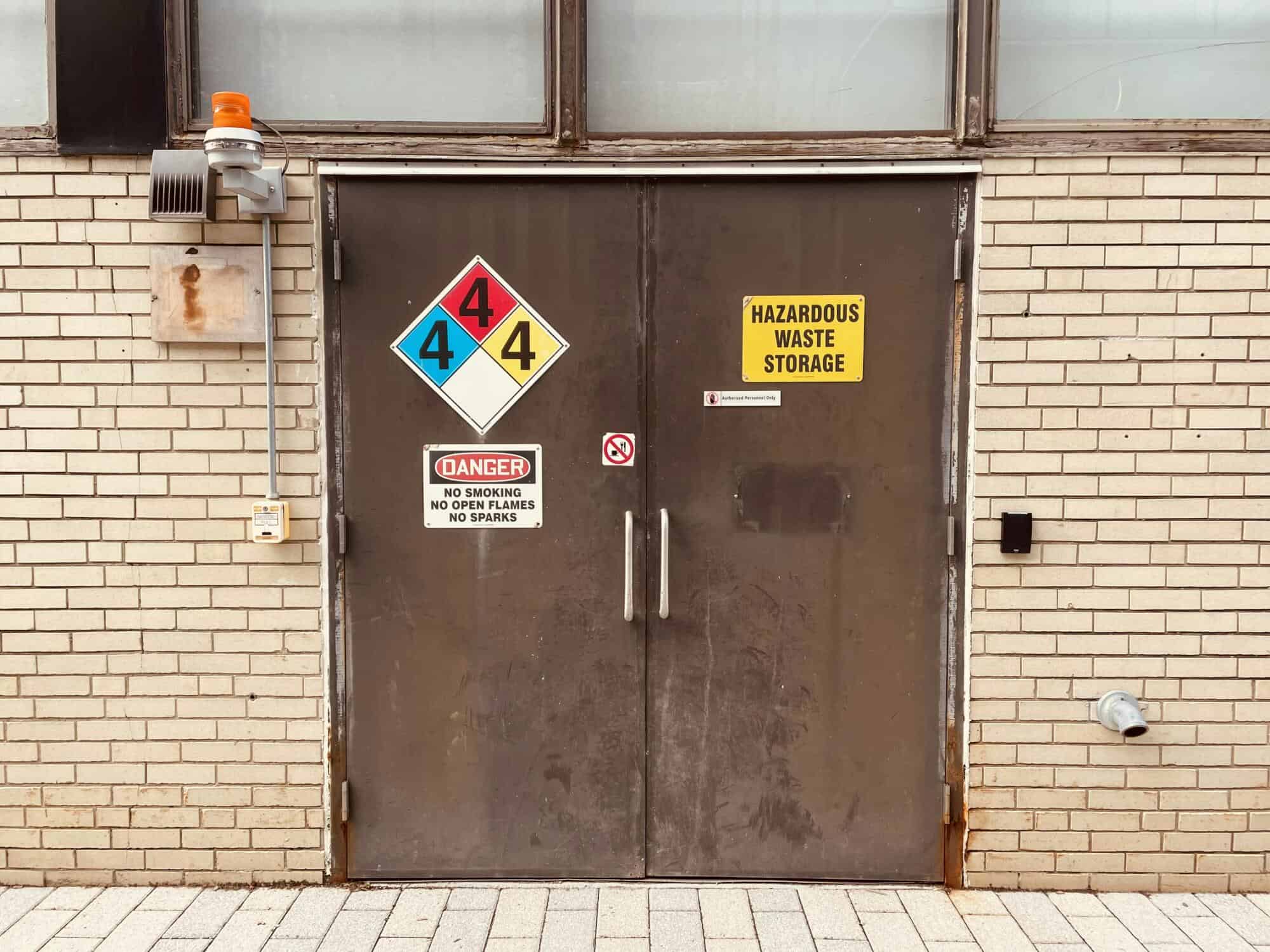How to Build a Compliant Hazard Communication Program
What is a Hazard Communication Program?
Under OSHA’s Hazard Communication Standard (29 CFR 1910.1200), employers must inform and train workers on hazardous chemicals present in the workplace. This includes maintaining proper labels, providing Safety Data Sheets (SDS), and implementing a written HazCom program.
The purpose is simple: ensure workers know what they’re exposed to, how to handle it safely, and what to do in case of emergency.
Why HazCom Compliance Matters
- OSHA’s HazCom Standard consistently ranks in the Top 5 most-cited violations each year.
- Non-compliance leads to fines, injuries, and liability.
- A complete program helps protect lives and supports organizational safety culture.


5 Steps to Building a HazCom Program
- Product name and manufacturer
- Associated SDS
- Storage and location details
Use GHS-compliant labels for all containers, including:
- Pictograms (e.g., flame, exclamation mark)
- Product identifiers
- Hazard and precautionary statements
- Must be readily available to employees
- Updated when the manufacturer releases revisions
- Store digitally or in an indexed binder
- Before initial assignment and when new hazards are introduced
- On understanding labels, pictograms, SDSs, and protective measures
- Document with a training log (included in toolkit)
- Manage labeling and SDS access
- Conduct training
- Maintain your inventory
- Comply with OSHA’s communication requirements
Related Pages on KHA.com
SDS Compliance Checklist:
www.kha.com/sds-compliance-checklist/
Online SDS:
www.kha.com/online-sds/
Ultimate SDS Guide:
www.kha.com/ultimate-sds-guide/
SDS Mobile access for Field Teams:
www.kha.com/mobile-sds-access/
HazCom Program Starter Toolkit
What’s Inside:
- ✅ Customizable Written Program Template
- ✅ Fillable Employee Training Log
- ✅ GHS Label & SDS Compliance Checklist
Use it to:
- Build your HazCom program from scratch
- Prepare for OSHA audits
- Train employees efficiently


HazCom Program FAQs
If those products are used outside normal consumer usage, yes—you need full compliance.
Yes. All affected employees must be trained prior to exposure.
Update them immediately. OSHA requires SDSs to be current and accessible.
Yes, as long as they are accessible without delay, even during emergencies.
Ready to experience the KHA difference?
Call us today: 800-274-4995
Our SDS specialists are happy to answer any questions you may have regarding SDS management and compliance.
